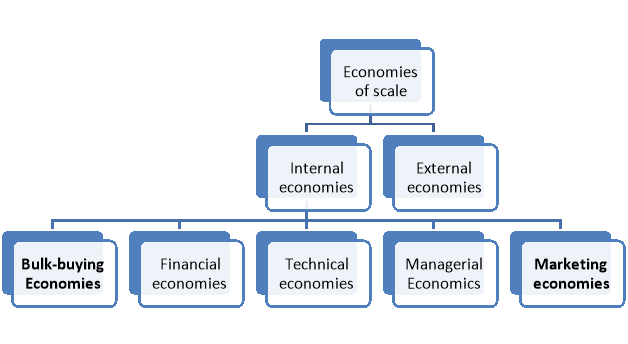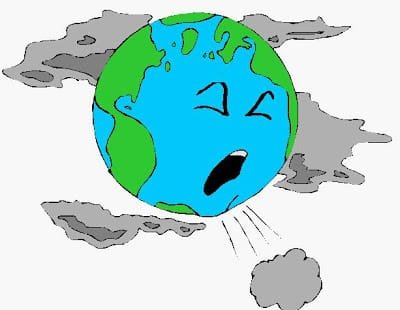The term economies of scale refers to a situation where the cost of producing one unit of a good or service decreases as the volume of production increases.
Economies of scale arise when the cost per unit falls as output increases. Economies of scale are the main advantage of increasing the scale of production.
Alfred Marshall made a differentiating concepts of internal and external economies of scale. That is that when costs of input factors of production go down, it is a positive externality for all the firms in the market place, outside the control of any of the firms.… Read the rest



